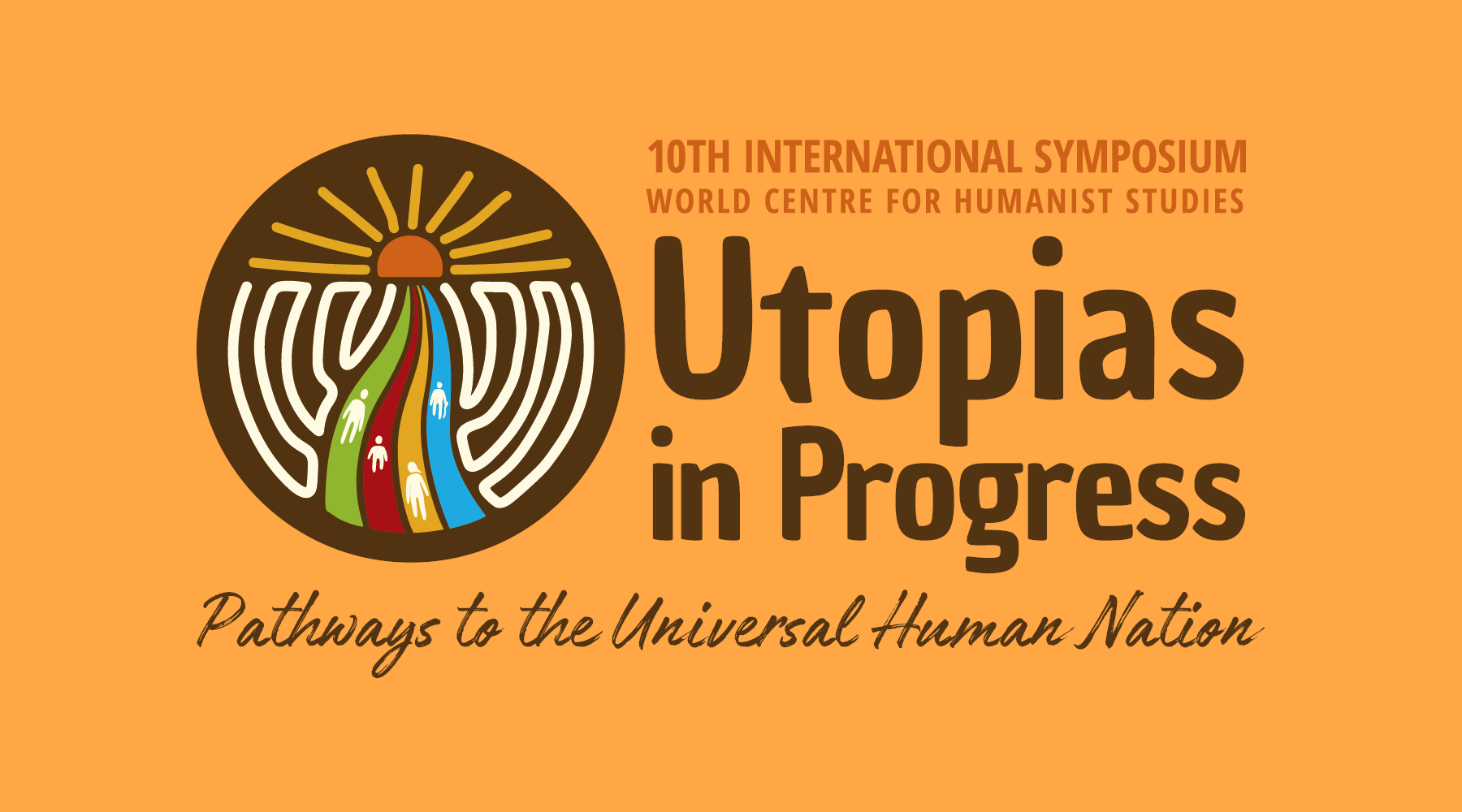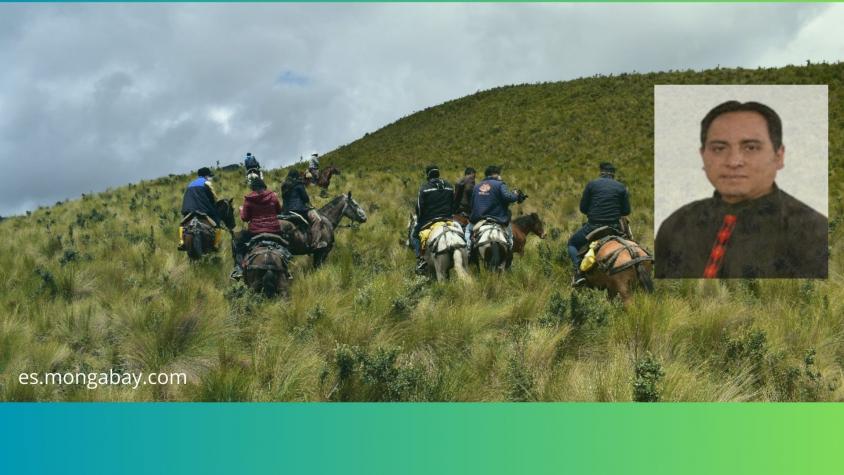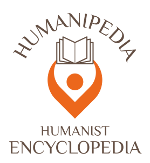In this 10th Symposium we will have a discussion about how Andean ancestral knowledge in the conservation of the Páramos provide concrete solutions to the climate and ecological crisis, to the convergence of knowledge from the different cultures of the world, as well as to the utopia of a diverse and ecological planetary civilization.
Bacilio Pomaina Pilamunga will present a presentation in which he will describe the ancestral methods of conservation, restoration and recovery of paramos applied by the communities of Ozogoche, Chimborazo, Ecuador to propose, from an integrative approach, overcoming prejudices and limitations, with respect to our Andean cultures, the convergence of the most progressive elements of the world's cultures to lay the foundations of a planetary civilization, where the traditions of all the peoples of the world converge for the well-being of humanity and the planet.
It tells us that the history of humanity has been marked by cultural diversity and the wealth of ancestral knowledge that has emerged in different corners of the planet. However, centuries of colonialism and patriarchy have imposed a political, economic and cultural matrix that has limited the recognition and appreciation of these traditions. The indigenous peoples and nationalities of Ecuador have contributed to the science of ecological conservation for decades. Even today, the indigenous communities of Ozogoche in the Alausí canton, province of Chimborazo, continue to use the ancestral methods of páramos conservation, a human action that allows us to care, protect and maintain all the elements of nature and its environment. The techniques and methods of indigenous Andean conservation are based on the elements of life, agrarian cycle, Andean trilogy, festive and spiritual cycles and sociocultural practices.
In this presentation, study findings will be presented such as: paramos restoration strategies, traditional systems of conservation and recovery of paramos, sociocultural codes in conservation, elements and tools for paramos conservation.
The ethno-cultural ecological research is based on the methodology of Andean phenomenology, Andean oral history, descriptive, analytical and cultural ecological approach, it is a research carried out in a focus group of taytakuna (sages) and pushakuna (community authority), the The study concludes with the identification of traditional techniques, passive restoration techniques, active restoration techniques, values and sociocultural codes for Andean ecological conservation.
Bacilio Pomaina has a degree in sustainable tourism administration, Technologist in teaching and educational innovation, Master in human rights and indigenous peoples, Master in local community development, Master in strategies and management of tourist destinations, professor with more than 8 years in different universities, speaker in different national and international academic events, he has carried out research in his field and published in indexed journals.




